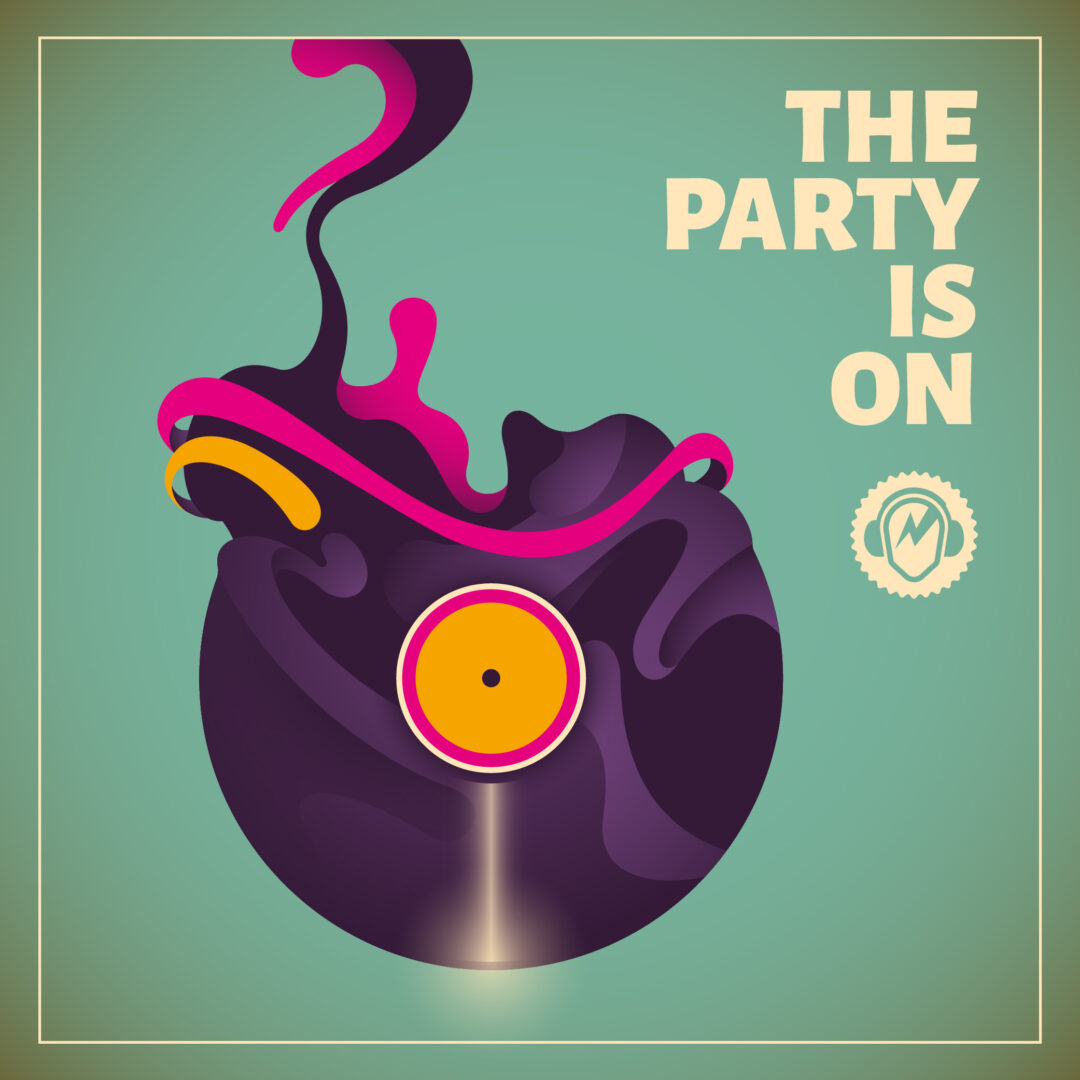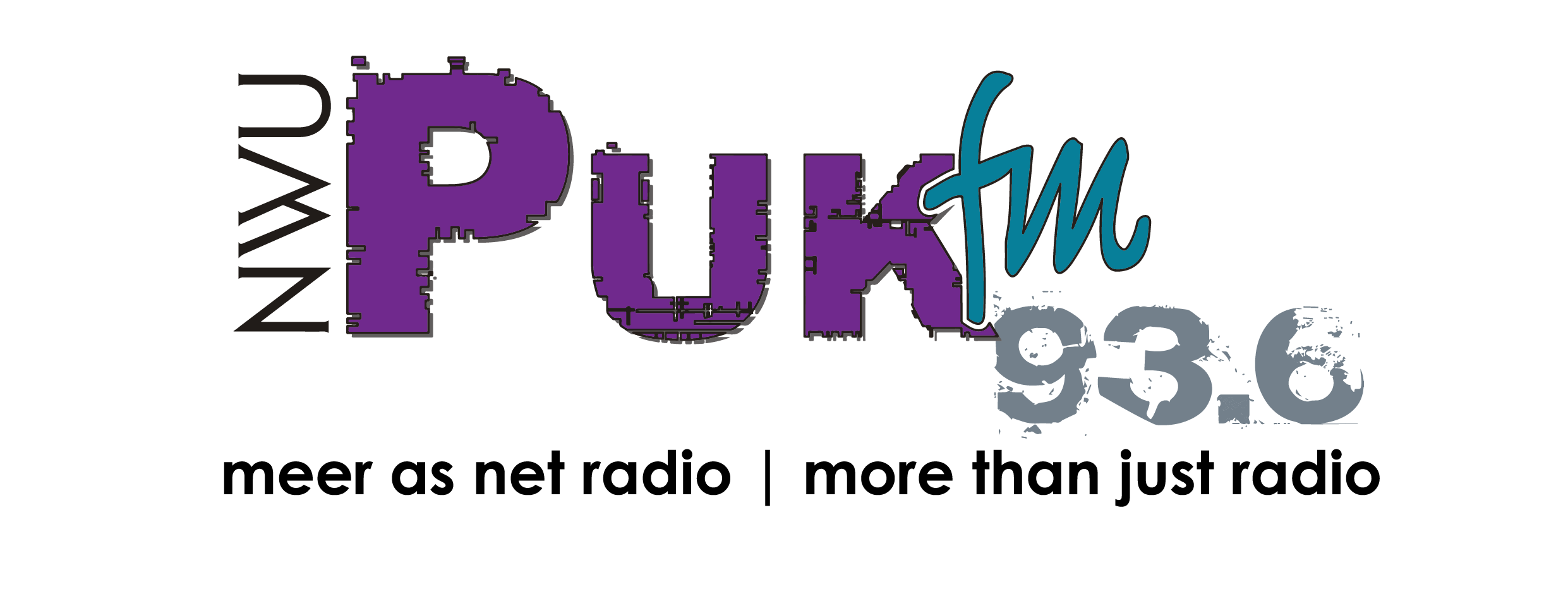-
 play_arrow
play_arrow
PUKfm
-
 play_arrow
play_arrow
London Calling Podcast Yana Bolder
-
 play_arrow
play_arrow
Summer Festival Podcast Robot Heart
-
 play_arrow
play_arrow
Electronic Trends Podcast Aaron Mills
-
 play_arrow
play_arrow
New Year Eve Podcast Robot Heart
-
 play_arrow
play_arrow
Techno Podcast Robot Heart
-
 play_arrow
play_arrow
Flower Power Festival Podcast Robot Heart
-
 play_arrow
play_arrow
Tech House Podcast Robot Heart
-
 play_arrow
play_arrow
Winter Festival Podcast Robot Heart
James Klusener
@jamesklusener
We’re all familiar with social media. Whether you use it to connect with friends, follow the news, or watch videos for hours on end, there’s a very high chance that you’re one of the 5.2 billion people who use social media (Chaffey, 2025).
And if you’ve been on these platforms long enough, you may have noticed that on apps like Facebook, Instagram, or TikTok, the comments under certain videos or posts can feel quite infuriating—filled with hate and anger.
This was especially noticeable during the various stages of protests and uproar that took place on campus throughout September, with videos on Facebook, Instagram, and TikTok capturing the action—and comments that were often distasteful, far from positive, or encouraging.
The SCC elections that were held recently also sparked negativity and unproductive discourse across social media, particularly on Facebook, with some student groups complaining about the “lack of diversity” in the current body—both in terms of race and the student party groups that managed to secure seats.
All this negative discourse on social media creates a severely toxic environment and paints a distorted picture of reality, often exaggerating issues beyond their true scope.
Social media is a vacuum. It thrives on keeping you engaged for as long as possible so it can show you as many advertisements as possible. It does this by promoting anger and fear, which generate more engagement from users, as studies have shown.
Meta Platforms, the parent company of Instagram, Facebook, and WhatsApp, reported revenues of $47.52 billion (R820.75 billion) in the second quarter of 2025 (Meta Platforms, Inc.), with users spending an average of 30–40 minutes a day on its various platforms. In that same quarter, Meta made an estimated R235.73 from each user. This highlights their motive for keeping people online: the more time users spend on these apps, the more revenue Meta earns. And if that means showing users hateful or enraging content, so be it.
In light of all this information, one quote comes to mind,“If you’re not paying for the product, you are the product.” These platforms and their algorithms control what we see. They use psychological tactics to keep users hooked and thrive off division and hatred. Every time you like, comment on, or share something harmful, it adds revenue to the pockets of social media executives.
Fighting in the comments is unproductive and futile. It will never satisfy you, nor will it change the minds of others. Engaging in meaningful discussions face to face—especially with those you disagree with—is far healthier and makes it much easier to find common ground.

Edited by Kyle Bauermeister
Written by: Wapad
Similar posts
Recent Comments
Chart
-
-
-
 play_arrow
play_arrow
I Had Some Help (feat. Morgan Wallen) Post Malone
-
-
-
 play_arrow
play_arrow
Not Like Us Kendrick Lamar
-
-
Top popular

VARSITY CUP TICKET RESELLERS AND BUYERS – MAY BE DENIED ACCESS

UNANSWERED AND UNSPOKEN: NWU’S SILENCE ON SUSPENSION OF SCC STUDENT LEADER

NWU EXPELS STUDENT LEADER AFTER INTERNAL FINDING OF SEXUAL MISCONDUCT

MARCHING FOR JUSTICE AND POLICE ACCOUNTABILITY: THE TRUTH BEHIND THE TMM LOFTS PROTEST

DEGENAAR PRAAT OOR DIE NA-SKOK VAN ‘N TRAGEDIE






Post comments (0)